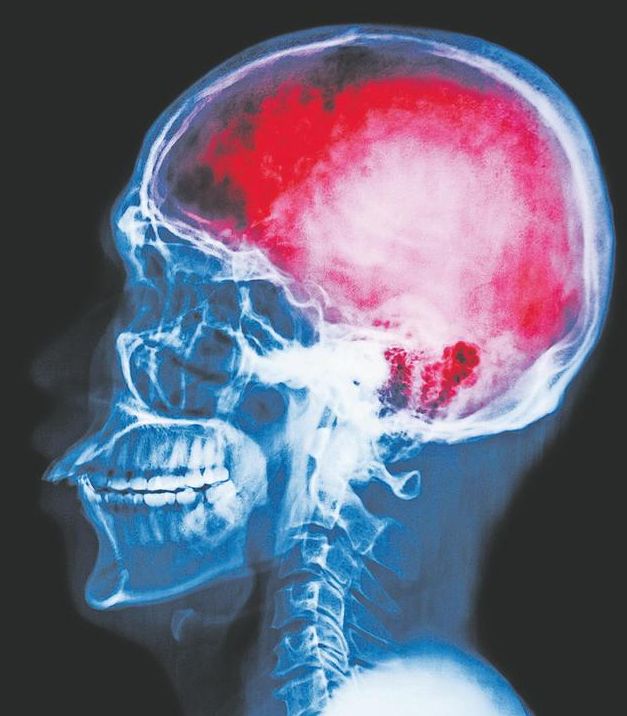This article appears in Weekly Health Page July 31.
Researchers found that more than four out of five Ohio women who had been physically abused by their partners had suffered a head injury. A study that found domestic violence survivors had sustained staggering rates of head trauma and violent choking incidents suggests that many are left with ongoing health problems from “invisible injuries” to the brain.
But the effects of such injuries often go unrecognized by advocates, health care providers, law enforcement — even the victims themselves, researchers said.








